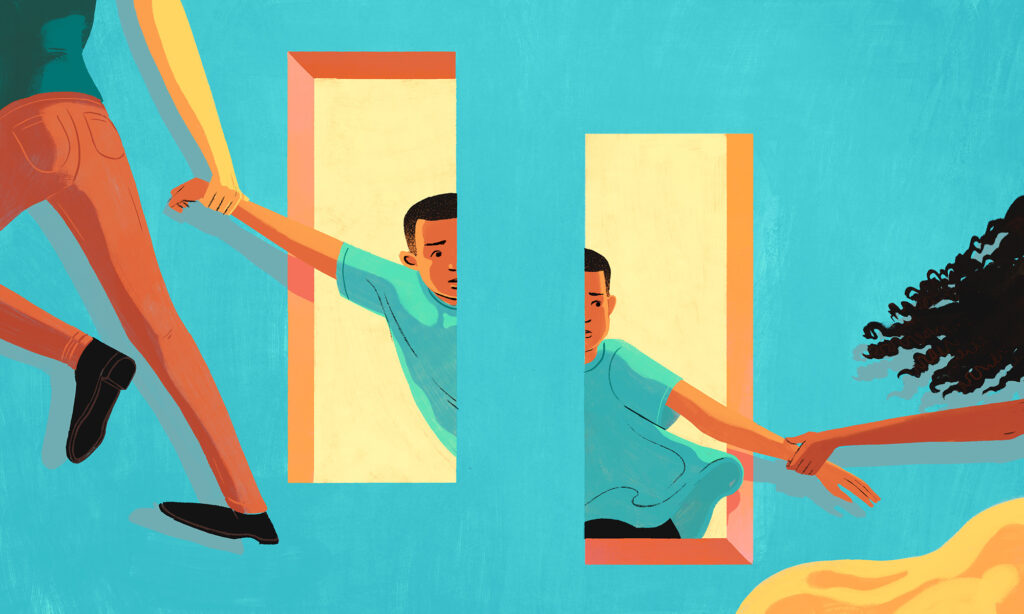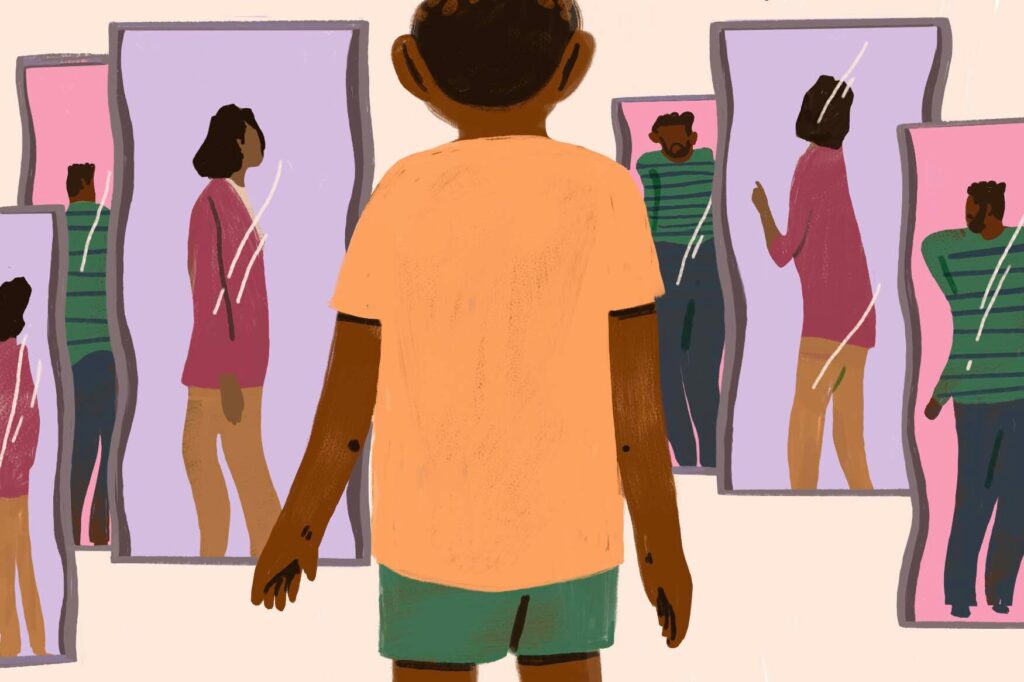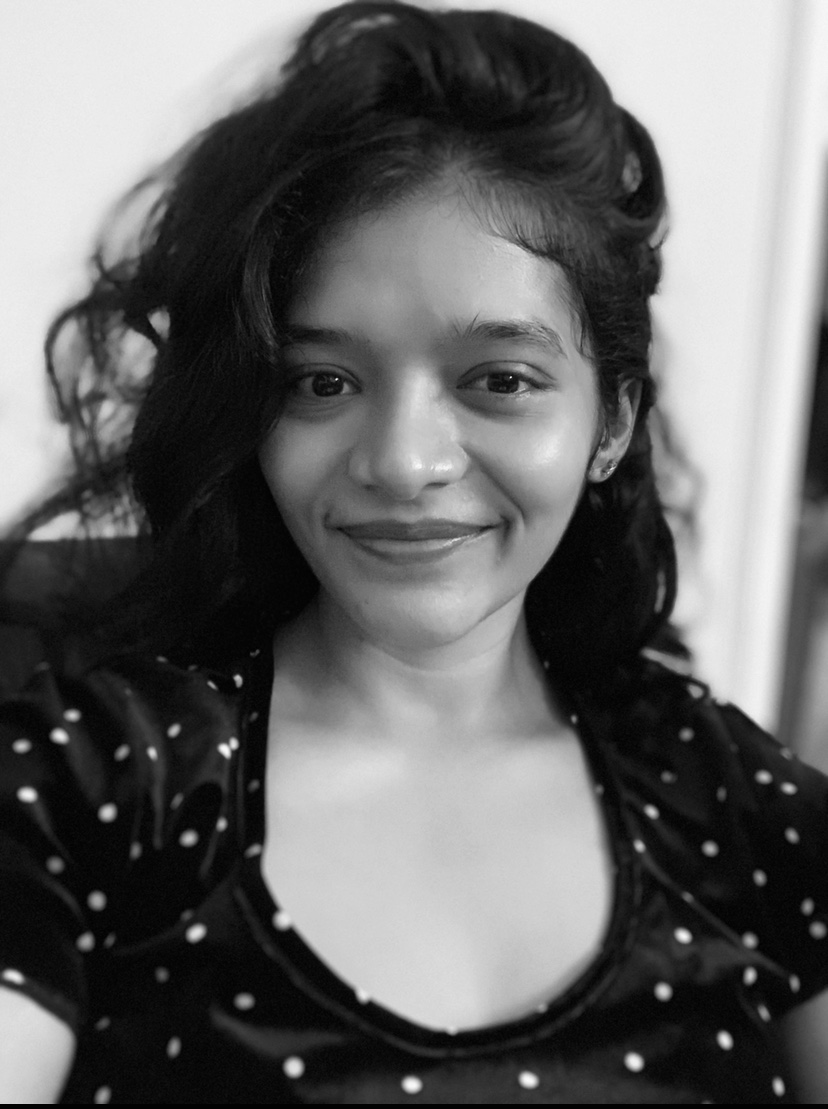To be Buried with Misogynies
It’s okay, they have a right to decide!
It was March 2007 when a friend made this allegedly consolatory remark. This wasn’t directed as repression of my existence, but to make me understand that my parents’ separation, which happened in June the previous year, was valid and their personal decision for their individual well-being. It made sense but I couldn’t decide if I was happy or embarrassed that there was finally a friend who knew the darkest secret of my domestic life. Were they not my parents, who….err, should have paid attention to my well-being? — Sounds selfish when I think of it today, but at 13 it didn’t feel any better. Of course, it was an excellent decision that they made, especially because I was at least shielded from their regular abusive fights. However, the shame and humiliation which followed for the next 100 years were irredeemable for our individual self-esteem and eventual bonds.
Dis-ordered teens
No, I was never literally diagnosed with any disorder… well, partly because I never took any test. Sometimes I wonder if it would have been better had I been tested. Maybe my mental health would have been given importance and life would have taken a different course from the very start. But whom am I fooling? Had any of this happened, I’d have been locked in a cupboard with a ‘mental’ tag.
The real disorder ensued with the realization that there was more than one factor that suddenly differentiated me from the others. Various new words defined my personal status alongside my family’s. What started with ours being a dysfunctional family, penetrated itself to my redemption as an illegitimate child. Even though my parents were still married, and because everyone (including me) had registered my father’s perpetual absence from my life, it somehow authorized outsiders to degenerate my existence.

Impromptu Helpers
My parents’ fights resulted in years of court hearings and public drama. However bitter I felt, I reassured myself that they loved me, in their own ways perhaps, individually. And that the judicial system was there for me. This reassurance worked until these thought bubbles burst. Ours was a case of familial violence, which despite being dragged to lengths of public domains like statutory committees and courthouses always remained a matter of unresolved personal feud. The judicial system always remained unjust and unfair to my mother and me, which didn’t only come across as unfair misogynistic violence, it looked like, despite active policies, the government was incapable to help us (or anyone like us).
It would have been easier to accept them as failures of justice than accepting their bias which showed when I turned 18 and it was finally time for me to get all the documents, proving me an adult capable of voting and decision making. Having my own Voter card, Aadhar card (UID), Driving license, etc., was a nice feeling. It made me as normal as any other citizen of the country, until it did not.
Because I’d never lived with my father and after years of no contact, I (correctly) assumed that we didn’t even know the kind of people each of us was, I chose to have my mother’s name in all of my official documents. The officials at the Aadhar office then asked me if I was valiantly pulling off this stunt of blaming the father and choosing the mother’s name because in reality I didn’t have a father and was illegitimate.
Everything that was going to make me feel normal, immediately invalidated my existence because my parents were separated (not divorced). It was shameful and something I couldn’t prove. Even though it was for their well-being, it abnormal–ized me.
Today is a time when it’s very common for one to decide which parent’s name one wishes to have in their document. Or in some cases it’s easier– partly because of certain social-media trends that in reality don’t change the way our allegedly helpful government policies function– to have your mother’s name in your documents (or cricket jerseys) maybe because one’s father has passed. People support one another in such cases. However, we’re talking a decade back here, and it was (and still often is) an act of shame to have your mother’s name instead of (the allegedly more valid) father’s.
The confusing government policies were my parent’s allies: giving them reasons to blame each other all the more and make it about themselves rather than about me.

Result and Conclusions?
There have been none and I don’t believe there can be. Life has moved since, keeps on changing inevitably, but my parents’ separate, individualistic lives, are a reality that I have to keep on living. Of course, their separation has created an otherness for me which comes with societal boundaries and misogynistic approvals or (mostly) disapprovals for being a fatherless girl raised by a single mother, but I do not know whom to blame anymore.
Then why write this?
Well, because I want to tell the other kids who feel this otherness that you’re not alone. And most definitely it’s normal, no matter how much the ‘society’ says it’s not. There are going to be very bitter times because our parents did this to us. Then the government made policies which say they’re to help us, but don’t.
So what can be done?
If we are all united we can make it known how existing policies are just filling up books and not really helping anyone. This change, I will not be able to bring alone; and it’s this thought which makes me want to write and share this hollow-looking opinion even more!
(Here, hoping it reaches someone who needs this like I once did.)
Featured Graphic Designer: Itti Mahajan
Author

